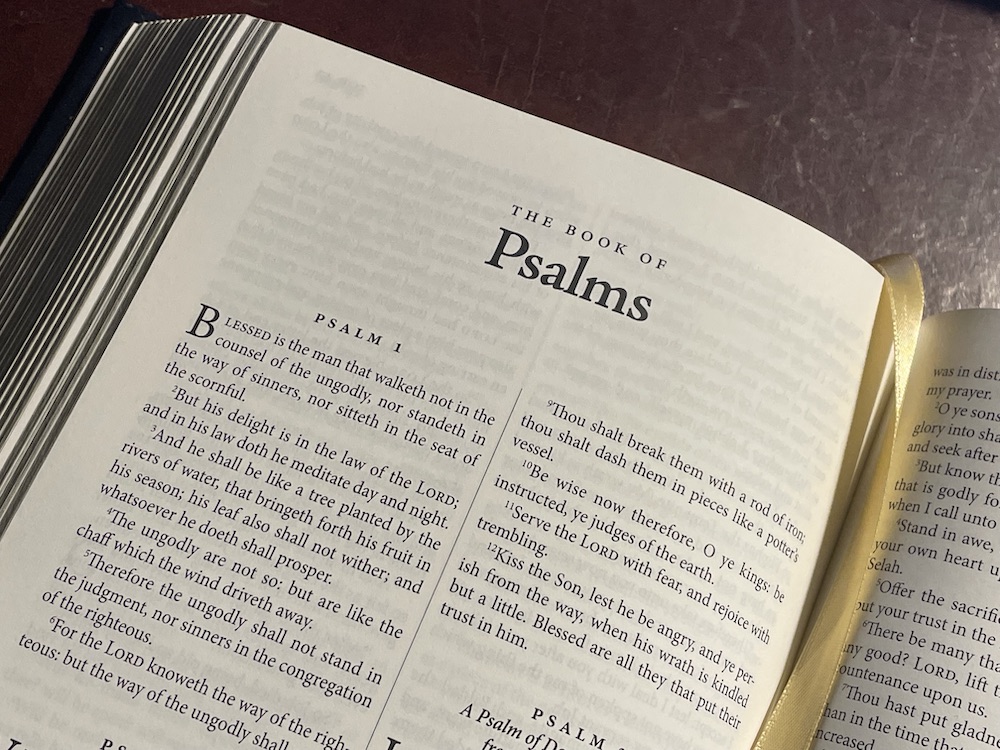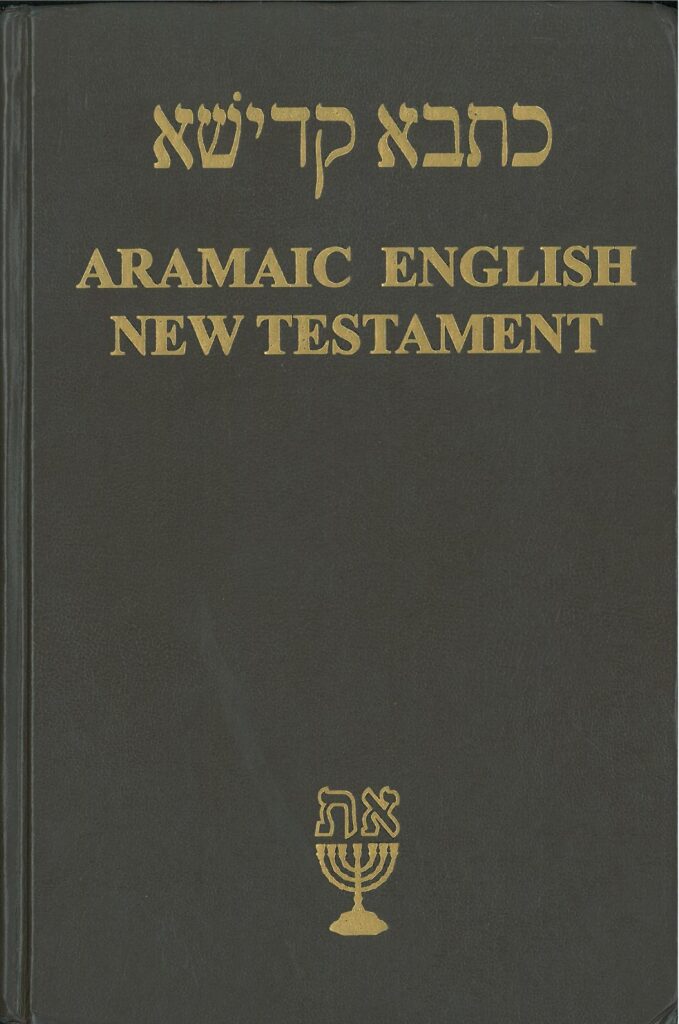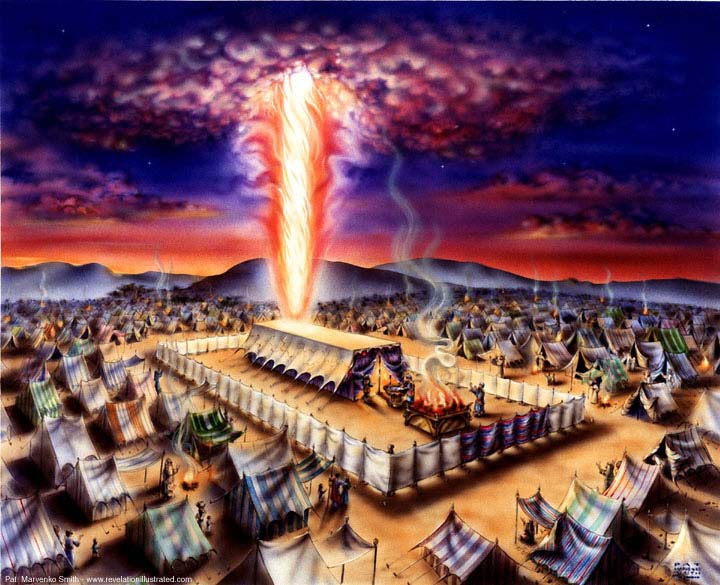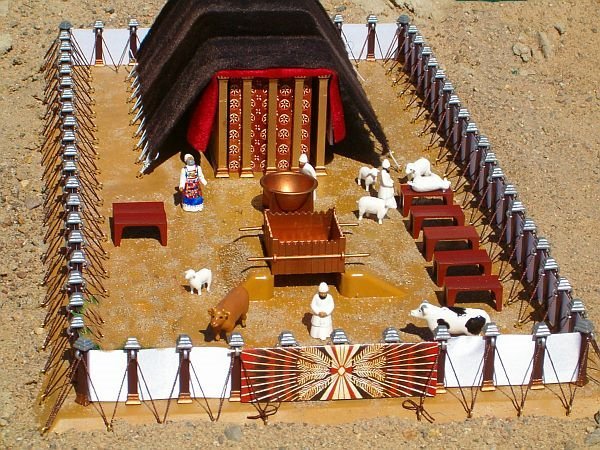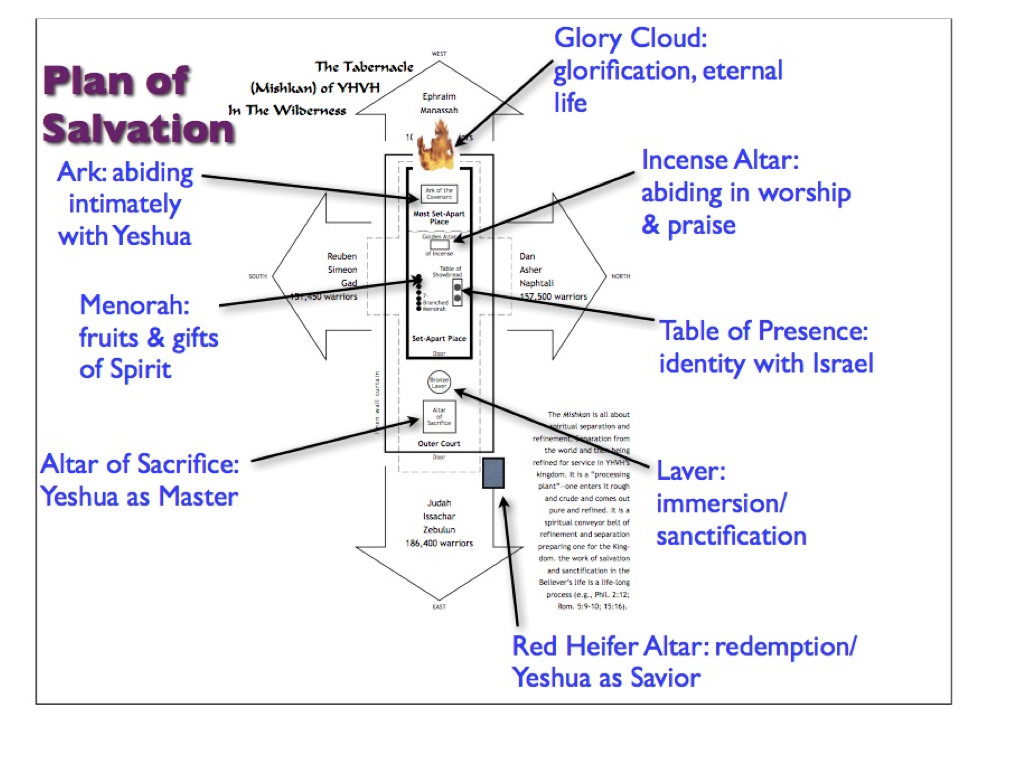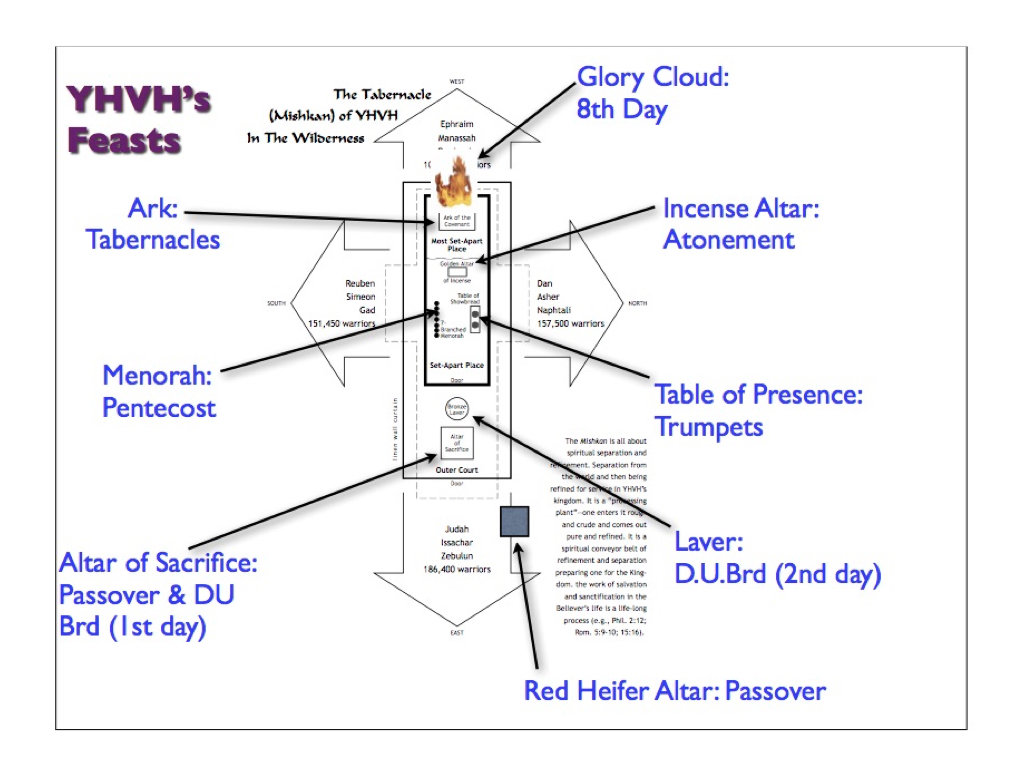
Twenty-One Reasons to Have a Dedicated, Daily Devotional (or Time Alone With YHVH)
The reasons are too numerous to mention! Here are only a few reasons.
- Draw near to Elohim and he will draw near to you. That is to say, incline your heart to Elohim and he will incline himself to you. The converse is also true. Disincline your heart to him and he will respond accordingly. (Pss 71:2; 78:1; 88:2; 102:2; 119:36; 141:4)
- You are what you eat. What you feed on is what you will become; what a person puts into his mind and heart is he who he is (Prov 23:7). If you do not feed on the Word of Elohim, you will not grow spiritually, and the converse is also true.
- We need to be continually renewing our mind by spiritually brainwashing our mind and heart with the Word of Elohim to combat the distracting and hell-bent influences of the world, the flesh and the devil. We wash or cleanse our minds by washing in or feeding continually on the water of the Word of Elohim (Rom 12:2; Eph 5:26).
- Yeshua instructs us to ask, seek and you shall find, and knock (Matt 7:7). YHVH Elohim like is a vast ocean wisdom, knowledge, understanding and truth, and we are little children on the edge of that ocean. How can we learn and grow spiritually if we do not ask and seek?
- If we don’t ask through prayer, we will not receive from our Father in heaven (Jas 4:3).
- The Bible commands us to pray without ceasing (1 Thess 5:17), and even to pray for our enemies (Matt 5:44).
- With regard to prayer, Yeshua instructed us to pray (Matt 6:9–13). The implication was not if you pray, but when you pray. Yeshua lived a life of prayer and set us the example of being prayerful. If we are followers of Messiah, then are we not to imitate him in all areas of our life, to walk in his footsteps (1 Cor 11:1; 1 John 2:6) and to do all that he commanded us to do (Matt 28:20)?
- The Bible commands us to be thankful in all things (Col 3:17). We express our gratitude to our Father in heaven through prayer.
- David, a man after YHVH’s heard prayed and thanked Elohim seven times a day (Ps 110:164).
- The morning and evening sacrifices are our example to follow for the sacrifice of our lips (Pss 27:6; 50:8–15; 69:30–31; Hos 6:6; 14:2 [KJV]; Heb 13:15; 1 Pet 2:5).
- The Bible instructs us to a living sacrifice, that is, live a life of prayer, fasting, worship, praise, self-negation and service (Rom 12:1; Phil 2:17; Heb 13:15–16; 1 Pet 2:5).
- Study to show yourself approved by rightly dividing the Word of Elohim (2 Tim 2:15).
- Be like a noble Berean by searching the Scriptures daily (Acts 17:10–11).
- Be like a tree planted by (Yeshua) the river of life by meditating day and night on YHVH’s Torah-Word, so that you will bear much spiritual fruit and you will not whither spiritually in the day of adversity (Ps 1:1–6).
- Abide in and be strongly attached to Yeshua (and his word) who is the true vine and we are the branches (John 15:1–8).
- Walk in the Spirit by not fulfilling the lusts of the flesh, which war against the Spirit (Gal 5:16–17). Establish good disciplines in your life. Self control or self-discipline is a fruit of the Spirit (Gal 5:23). Learn to reign in the lusts of the flesh by not always doing the things our flesh wants to do (Gal 5:19–21), but following the prompting of the Spirit by spending time with Elohim, which is an act of self-discipline.
- Feed your inner spirit man by feeding regularly on the Word of Elohim as opposed to continually feeding your soul man (i.e., your mind, will and emotions) (Gal 5:5:16–18; Col 3:1–2; 2 Cor 10:4–5).
- If you don’t know the Word of Elohim, how are you going to do spiritual warfare by resisting the temptations of the devil with the Word of Elohim as Yeshua did when combatting the devil (Matt 4:1–11), and by taking every thought captive to the mind of Yeshua (2 Cor 10:4–5)?
- How are we to fulfill Romans 12:2 by being transformed into the image of the Messiah (Rom 8:29) by renewing our minds and not being conformed to this world if we are regularly reading and studying the Word of Elohim?
- The wise virgins in Yeshua’s parable were ready for Yeshua their Bridegroom, since they had oil (i.e., the Spirit and the Torah-Word of Elohim) in their lamps (Matt 25:1–4).
- Seek first the kingdom of Elohim and his righteousness by starting every day with our daily devotionals (Matt 6:33). YHVH deserves the first and best part of each of our days.
Things That Keep Us From Having a Daily Devotional
We have become spiritually lukewarm.
Continue reading

